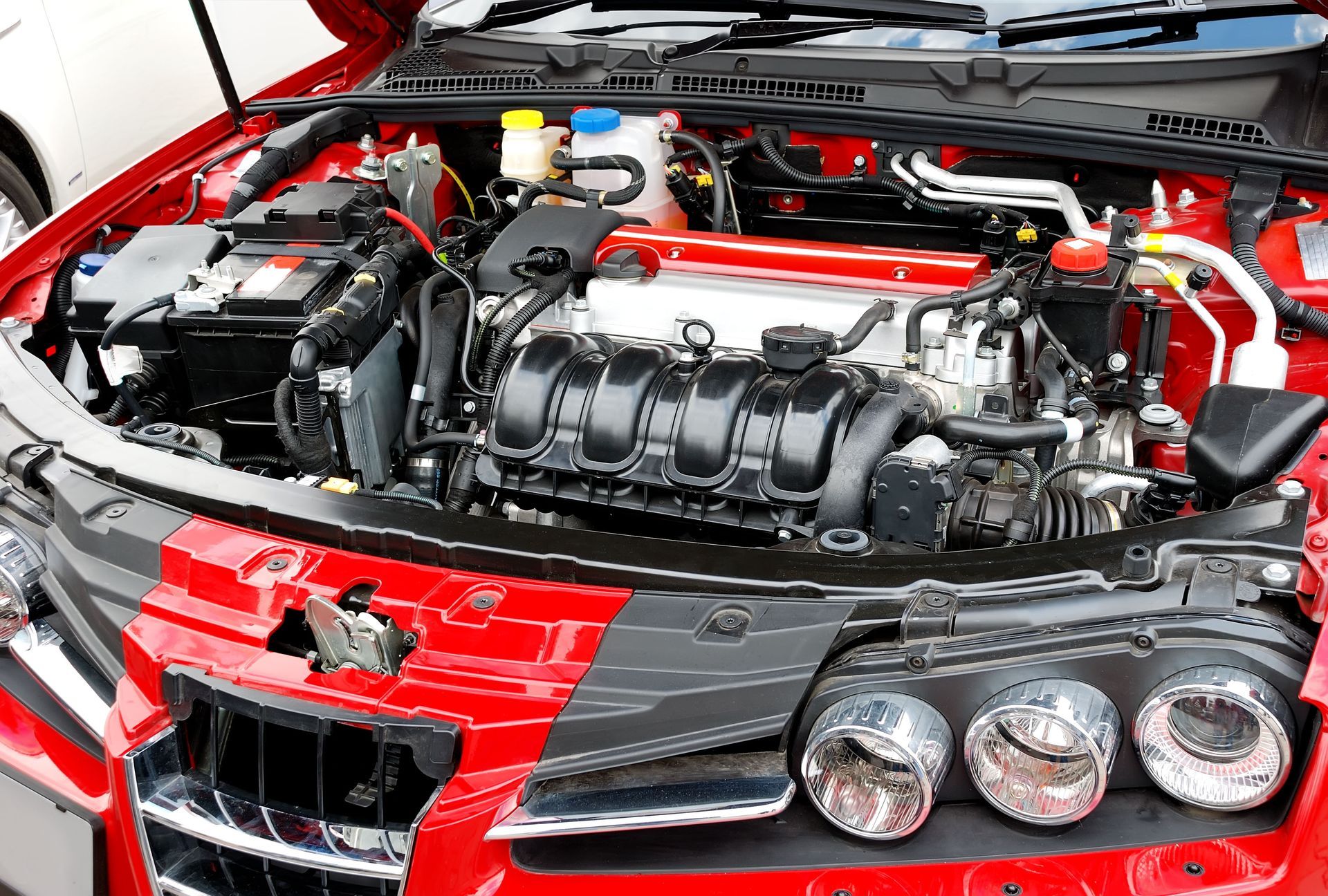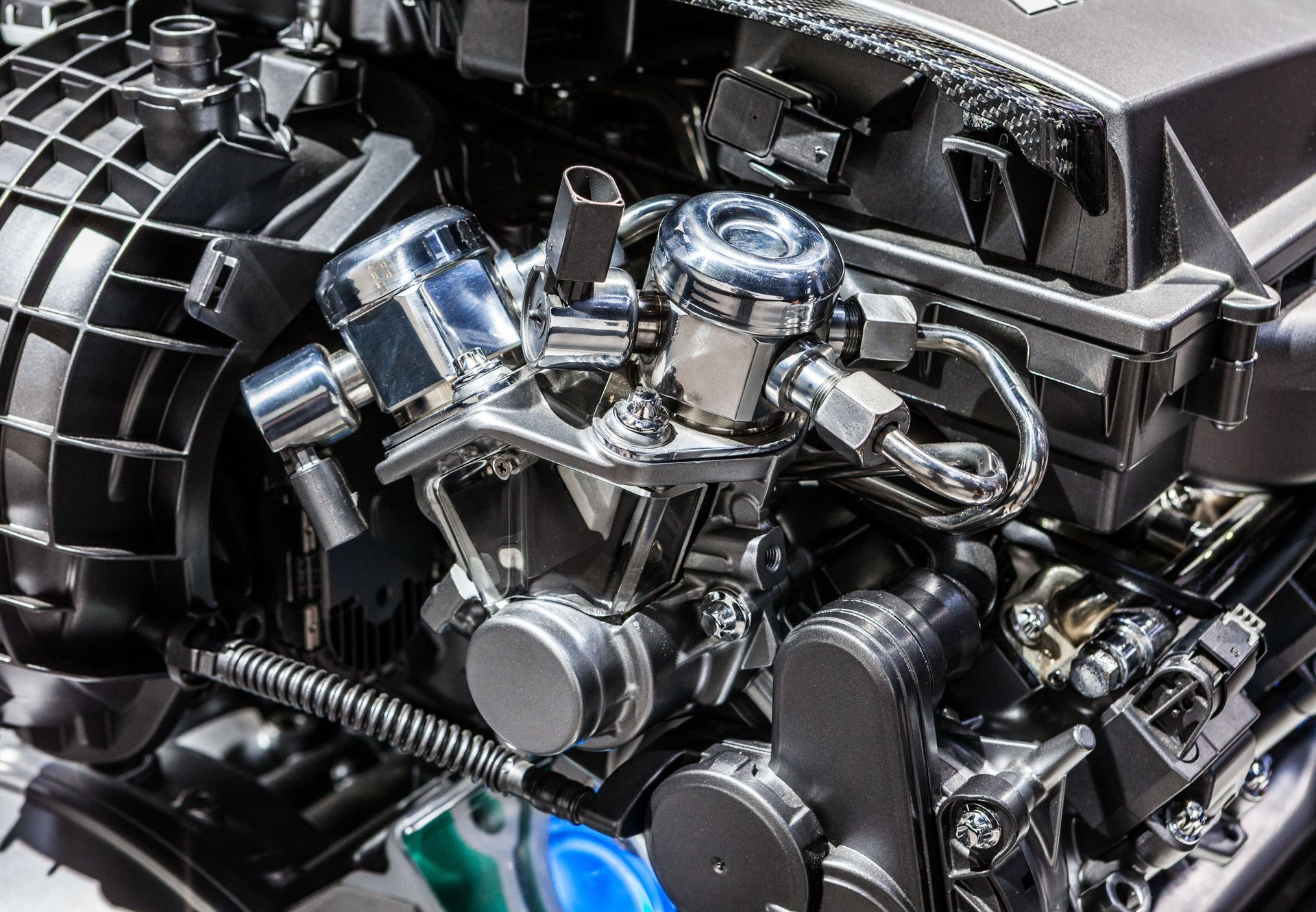How CNG Engines Compare to Diesel Engines
In the quest for more sustainable transportation options, the debate between Compressed Natural Gas (CNG) engines and diesel engines continues to garner attention. Both have their advantages and disadvantages, varying from fuel efficiency to environmental impact. With the automotive industry searching for greener and more cost-effective energy sources, understanding the differences between these two engine types is crucial for businesses and consumers alike. This article will explore the primary distinctions between CNG and diesel engines, considering their performance, cost, environmental impact, and longevity.
Fuel Efficiency and Performance
Fuel efficiency and performance are fundamental considerations when comparing CNG and diesel engines. Diesel engines are renowned for their superior torque and power delivery, which makes them highly effective for heavy-duty tasks. On the other hand, CNG engines are gaining ground due to technological advancements. Although CNG engines may lag slightly in power compared to diesel, they generally offer smoother and quieter operation, making them appealing for urban settings where noise and emissions are more regulated.
Cost Considerations
When comparing costs, CNG engines often come out on top, at least in terms of fuel prices. Natural gas is usually less expensive than diesel fuel, translating into substantial savings over time. However, the initial cost of purchasing a CNG-powered vehicle may be higher, as the technology and infrastructure required for CNG are still developing in many regions. Diesel engines, while potentially more expensive to refuel, tend to have a lower upfront cost, making them more accessible for certain markets.
Environmental Impact
The environmental impact is where CNG engines shine brightly. CNG is a cleaner-burning fuel, resulting in lower emissions of nitrogen oxides, particulate matter, and greenhouse gases compared to diesel. This makes CNG a preferable choice for those seeking to reduce their carbon footprint. However, diesel engines have also made strides in this area, with technologies such as selective catalytic reduction and diesel particulate filters significantly reducing emissions. Nonetheless, CNG continues to lead in terms of overall environmental benefits.
Longevity and Maintenance
Longevity is another critical factor to consider. According to SlashGear, a diesel engine can last well over 300,000 miles, a testament to its durability and reliability. This makes diesel engines an attractive option for those who prioritize long-term vehicle performance. CNG engines, while durable, may require more frequent maintenance due to the corrosive nature of natural gas and the higher temperatures at which they operate. Therefore, while CNG engines offer many benefits, diesel engines still hold a strong position in terms of longevity.
Infrastructure and Availability
Infrastructure and availability are crucial in the adoption of any fuel type. Diesel has long been established with a robust refueling infrastructure worldwide, making it easily accessible for consumers and commercial operations alike. CNG infrastructure, though expanding, remains less ubiquitous, which may pose challenges for long-distance travel or in regions where CNG stations are scarce. This factor often tilts the scale in favor of diesel when availability and convenience are top priorities.
Industry Trends and Future Prospects
Another key aspect is the role of industry trends and future prospects in shaping the adoption of CNG and diesel engines. As governments and businesses set ambitious goals to reduce carbon emissions, CNG technology is seeing increased investment and innovation. This is fostering the development of more efficient engines and expanding refueling networks, making CNG a viable option for both personal and commercial transportation. Diesel engines, meanwhile, remain a reliable choice in industries such as logistics and construction, where heavy-duty performance is essential. The balance between these competing technologies will likely be influenced by advancements in renewable energy and evolving regulatory frameworks.
Both CNG and diesel engines come with their unique sets of pros and cons, making the choice between them highly dependent on individual needs, priorities, and regional considerations.
CNG engines offer an environmentally friendly alternative with lower fuel costs, ideal for urban settings and eco-conscious consumers. Diesel engines, however, continue to excel in power, longevity, and availability, making them a staple in industries where reliability and performance are non-negotiable. As the automotive landscape continues to evolve, the interplay between these two engine types will be crucial in paving the way for more sustainable and efficient transportation solutions.
Are you interested in learning whether a CNG or diesel engine best fits your needs? Here at AFS Diesel Truck & Body, we carry both options! Since 1981, vehicle owners from Georgia and beyond have trusted our expertise, so you're in good hands! Contact us today to schedule a consultation.

Learn More About
AFS Diesel Truck & Body
Located in Conley, GA. AFS Diesel Truck & Body specializes in truck shop, machine shop, production services, and parts services. We sell heavy-duty trucks and equipment. 24/7 mobile service. Walk-ins welcome. Certified technicians. Call us now.
serving Area
Conley, GA
Georgia
and surrounding areas
Business Hours
- Mon - Fri
- -
- Sat - Sun
- Closed
Mobile Service 24/7, Call for an Appointment








Share On: